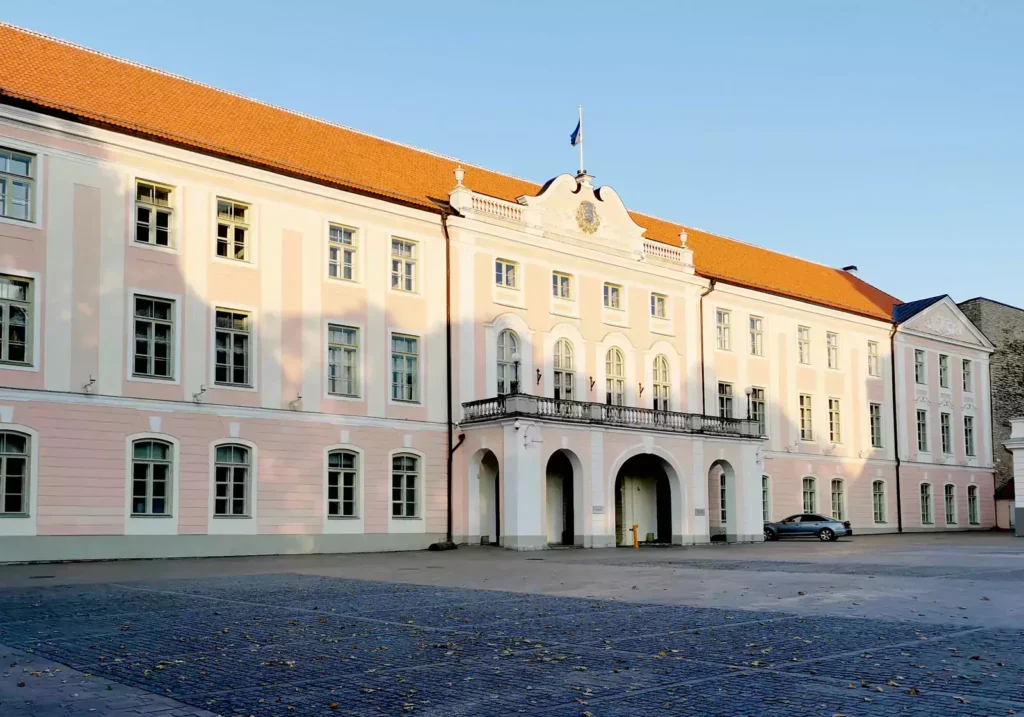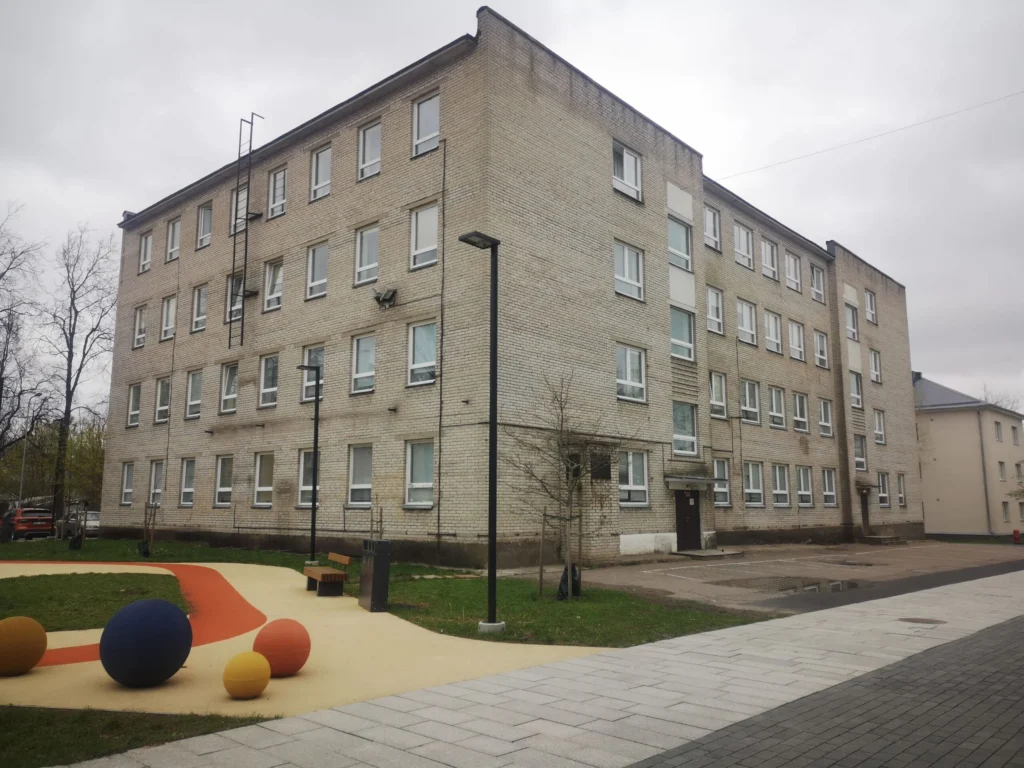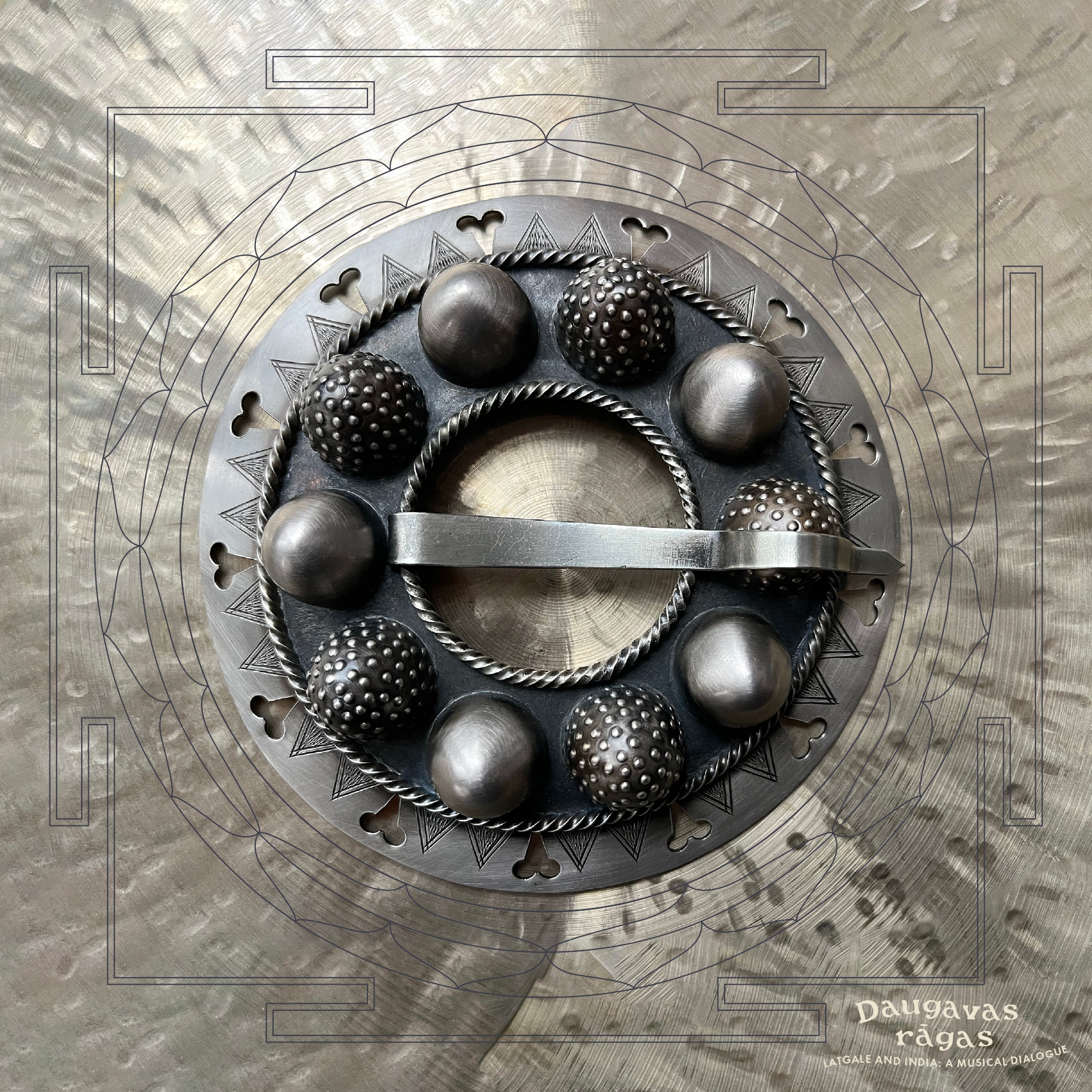Riigikogu forbade citizens of third countries to vote in municipal elections

Today, the Riigikogu adopted the law on amendments to the Constitution of the Estonian Republic, according to which the suffrage of third countries living in Estonia, and from the elections that will be held after the elections of this year, also the suffrage of the state of citizenship will be invalidated in the elections in the meetings of local self-government, the Riigikogu press service said.
Riigikogu supported the proposal of the Constitutional Commission to change the constitution urgently. The Constitution was urgently supported by 92 parliamentary deputies, 7 were voted against the decision on the method of changing the Constitution at least 4/5 of the parliamentary deputies participating in the meeting. In other words, in order to make a decision for changing the constitution, it was urgent to vote at least four times more deputies participating in the meeting, which voted against.
In the final vote, the adoption of the draft law submitted by the 61 deputy of the Riigikoga on amending the Constitution of the Estonian Republic (536 SE) was supported by 93 deputies of the Riigikoga as a law, 7 were voted against the adoption of the Constitution to recruit at least two votes of the riigikog composition, i.e. at least 68 votes.
Initially, the bill stipulated that citizens of Estonia and residents who do not have citizenship, as well as citizens of the Member States of the European Union and NATO, will be able to participate in the elections in the meetings of local governments. By decision of the plenary session, the proposal submitted by the law was added to the law today to amend the parliament, according to which the electoral right of third countries living in Estonia will be invalid, and from the elections that will be held after the election of this year, also stateless persons.
In the elections to the meetings of local governments this year, according to the amendment, stateless persons will still be able to vote. According to the explanation submitted by the authors of the amendment, this gives people without citizenship enough time to petition Estonia’s citizenship and participate in further elections as an Estonian citizen. In addition, the right of citizens of NATO member states is excluded from the bill.
Thus, citizens of Estonia and the Member States of the European Union, as well as stateless persons, will be able to participate in the elections in the meetings of local self-government. Starting from the elections following these, exclusively citizens of Estonia and the EU will be able to vote.
The second amendment, submitted to the bill by 26 deputies of Riigikogu, did not receive sufficient support for the plenary meeting. According to this proposal, the suffrage of third countries and stateless citizens living in Estonia should have been invalidated already in the elections to the meetings of local self -government, which will be held in October of this year.
Currently, along with citizens of Estonia and EU member states, foreigners living in Estonia on the basis of a long-term residence permit or a residence permit who have reached the age of 16 years, whose permanent place of residence is in the relevant volost or city, may participate in local elections.
The following elections in the meeting of local self -government of Estonia will be held on October 19.
The Post Riigikogu forbade citizens of third countries to vote in municipal elections FIRST Appeared on gazeta.ee.







/s3/static.nrc.nl/wp-content/uploads/2025/05/30220631/web-3005BUI_Swift.jpg)
